Alice Lennox has found her “dream job” with the Rare Breeds Survival Trust (RBST).
She grew up surrounded by rare breeds of pigs, cattle, sheep, horses, chickens, ducks and other animals.
Her mum and dad, Graham and Debbie Lennox ran Doonies Rare Breeds Farm in Aberdeen.
For decades, Doonies was a well-loved destination for visitors from across the north-east and beyond. It was also a working conservation farm, with RBST accreditation.
But it was forced to close, in August 2023, after landowner Aberdeen City Council decided to make the site part of the city’s multi-million-pound energy transition zone.
The Lennoxes had run Doonies for 30 years, although it had been open since the 1970s.
Alice, now 31, was born in Elgin and moved to Aberdeen at six months old.
She went on to become a part-time farm manager at Doonies, while also working as a tour guide.
On the education front, she has first degree and postgraduate qualifications from Aberdeen University and Scotland’s Rural College.
She spent two years working as an agricultural officer for the Scottish Government.
And she recently started a new job as Scottish co-ordinator for RBST, the charity devoted to conserving and promoting native livestock and equine breeds as sustainable alternatives to the intensively farmed animals that have come to dominate our countryside in recent decades.
She’s been volunteering for years
Alice is no stranger to RBST, having done voluntary work for the trust for many years.
But to borrow part of a song title from her dad’s famous cousin, Aberdonian pop star Annie Lennox, the new role is definitely “Sweet Dreams” come true for the rare breeds champion.
“I saw it advertised and decided straight away to go for it,” she said, adding: “I already had a very close working relationship with RBST, having been a volunteer since 2013.
“This was a chance to go full-time with them.”
Alice won the rare breeds champion of the year title in the 2023 RBST Scotland Food and Farming Sustainability Awards.
The prestigious accolade recognised her work at Doonies from 1993 until its closure in 2023, as well as her decade of volunteering with RBST support groups around Scotland.
She’s effectively now the face of the trust north of the border, focused on achieving its objectives here.
Alice added: “I’m really thrilled to have got this opportunity. It really is my dream job.”
Now based in Banchory, she is as passionate as ever about rare breeds and still gets to look after animals belonging to her friends.
“Everything I know about agriculture I learned from Doonies and also my dad,” she said.
And explaining why rare breeds are such an important part of the industry, she explained: “They’ve great heritage value and really are ideal for sustainable farming.”
Perfect for ‘conservation grazing’
Adaptability to their local environment also makes them perfect for “conservation grazing” at a time of global climate challenges, she said.
She continued: “The UK’s rare livestock and equine breeds are paramount to sustainable farming.
“The crucial environmental benefits these breeds can bring, such as soil improvements and biodiversity, combined with each breed’s niche market commercial potential make native breeds key to the future as well as the past.”
Alice will work throughout Scotland to promote and conserve the UK’s rare native livestock and equine breeds.
And she will support RBST members in Scotland in their work with these important animals.
What does RBST do?
RBST works with politicians and policymakers on key issues which affect keepers of rare and native breeds across Scotland.
Areas of activity include agricultural and environmental support schemes, land management policies and the need for investment into the small abattoir network.
Alice’s new duties
The role of RBST Scottish co-ordinator involves trying to influence politicians and policymakers, as well as working with RBST members, breed societies and other stakeholders.
Alice will find herself managing events, supporting applications for funding and advising on conservation projects.
Events during 2025 include the RBST Scotland Conference on July 31.
Alice aims to ‘bring these breeds back to the heart of Scottish agriculture’
“I’m really excited to be working with farmers and smallholders across Scotland who already have rare breed animals, or are looking to establish a herd or flock,” Alice said.
She added: “I’ll support them in maximising the exciting opportunities not only to market their high quality meat, wool and conservation grazing services, but also to bring these breeds back to the heart of Scottish agriculture and land management.
“I’m also looking forward to supporting RBST’s work seeking policy decisions in Scotland that actively promote and invest in native breeds and crucial infrastructure such as small abattoirs.”
RBST chief executive Christopher Price said: “We are delighted to welcome Alice to the staff team to support the promotion and conservation of rare native livestock and equine breeds throughout Scotland.
“She has a wealth of practical experience with a broad range of native breeds.
“Her contribution to RBST in Scotland as a volunteer over the past decade has been greatly valued.”
Christopher added: “This is a key year for the rare breeds survival effort in Scotland and across the UK as new agricultural policies are defined and the cost-of-living crisis continues.
“Establishing this new role supports our commitment to maximising the benefits for RBST members and their native breeds of our comprehensive and impactful programmes of activity in Scotland.
“I am looking forward to working alongside Alice and with the RBST Scotland support group to build on the fantastic work of recent years, helping secure a thriving future for native breeds.”
Rare breeds contributing £700m a year to rural economies around UK
Through its 4,200 members, staff and support groups, RBST provides a network of knowledge to support and encourage those doing their bit to support native rare breeds.
Native breeds play a major role in rural life in the UK.
According to RBST, there are around 30,000 herds and flocks contributing more than £700 million a year to local economies around Britain.
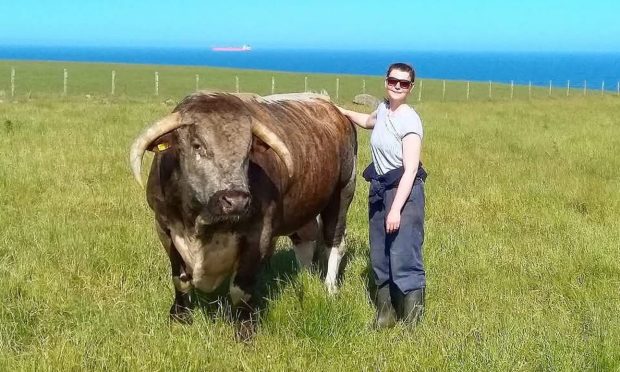
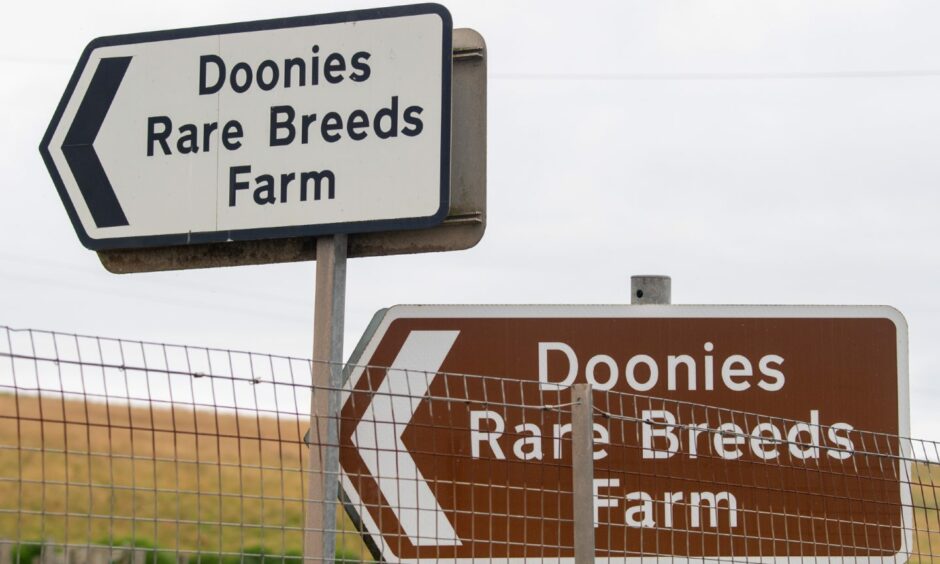
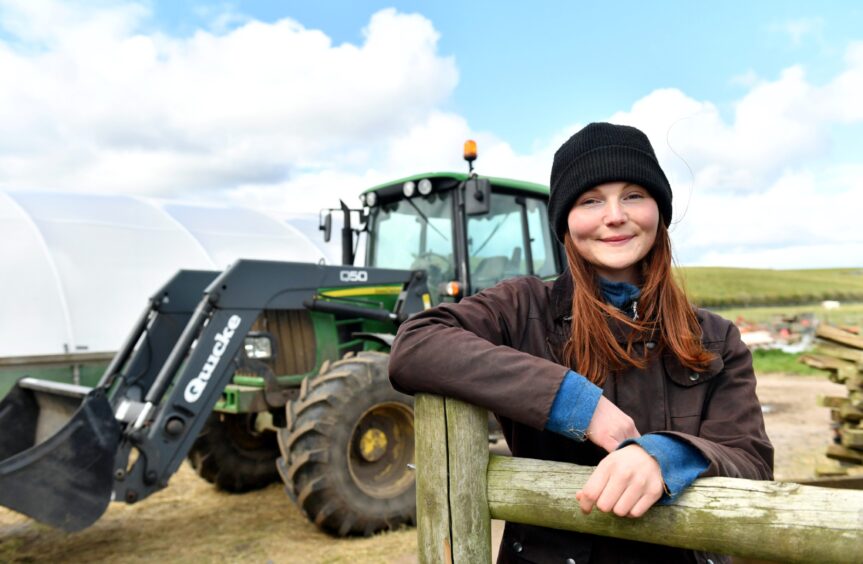
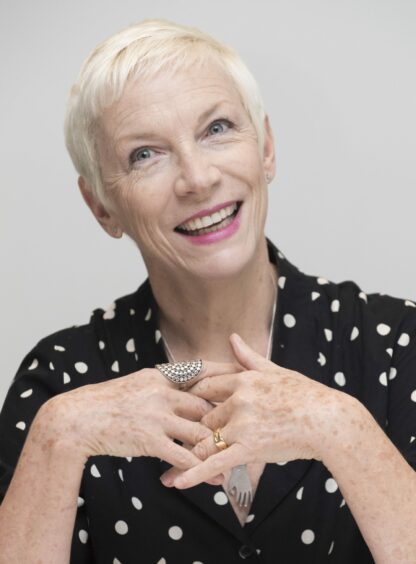
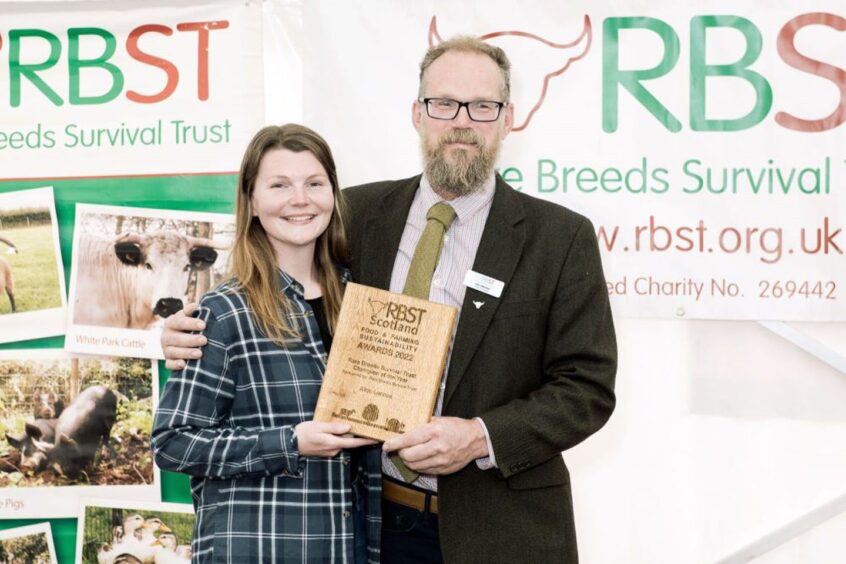
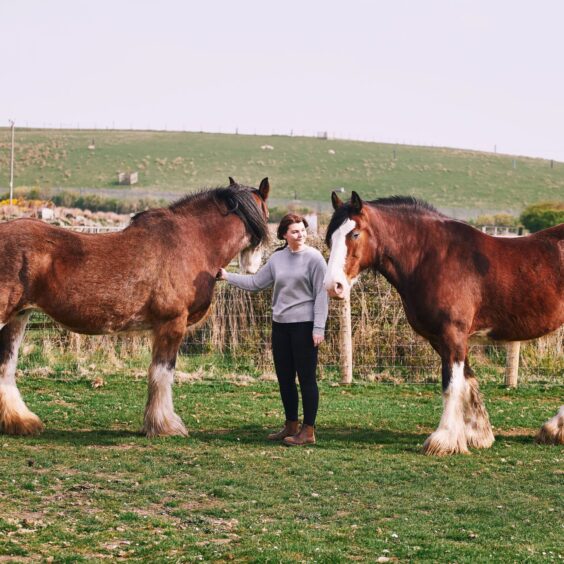
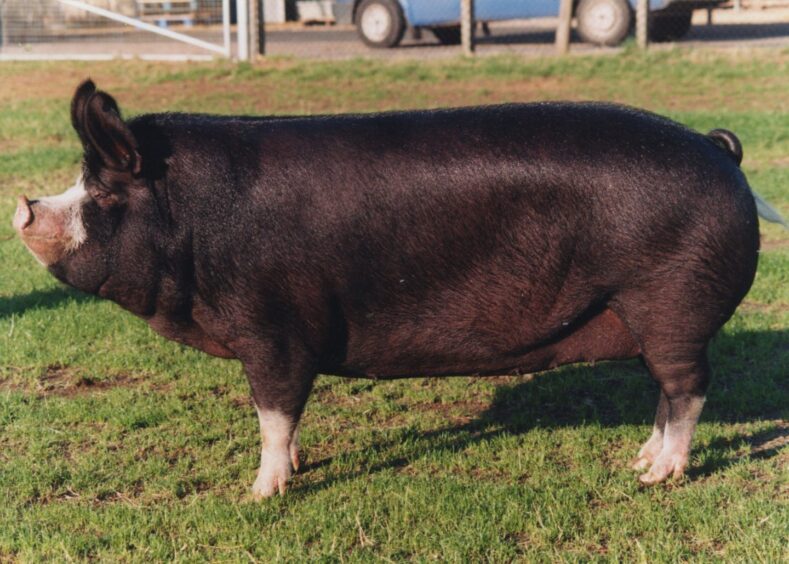
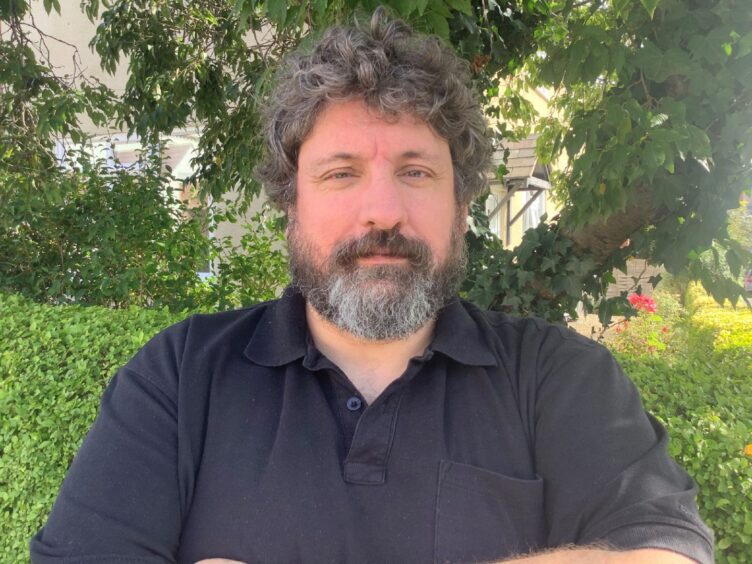
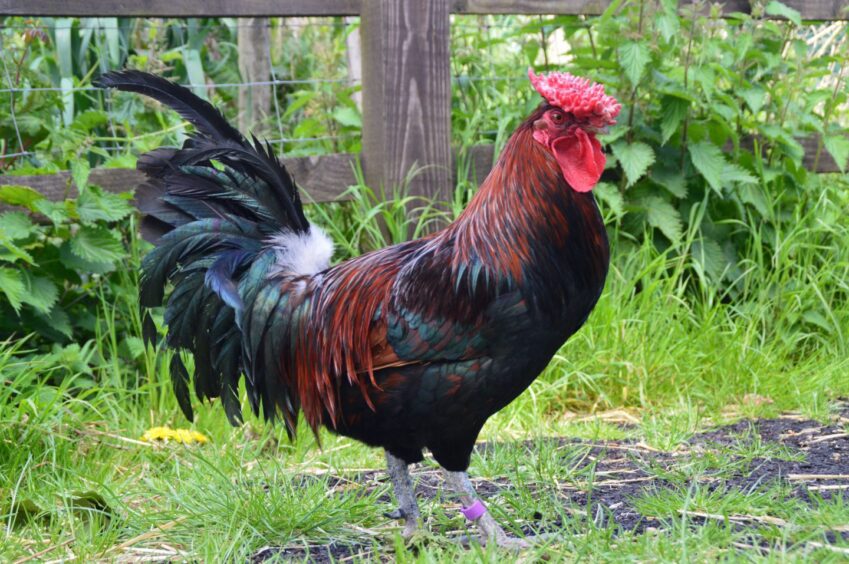
Conversation